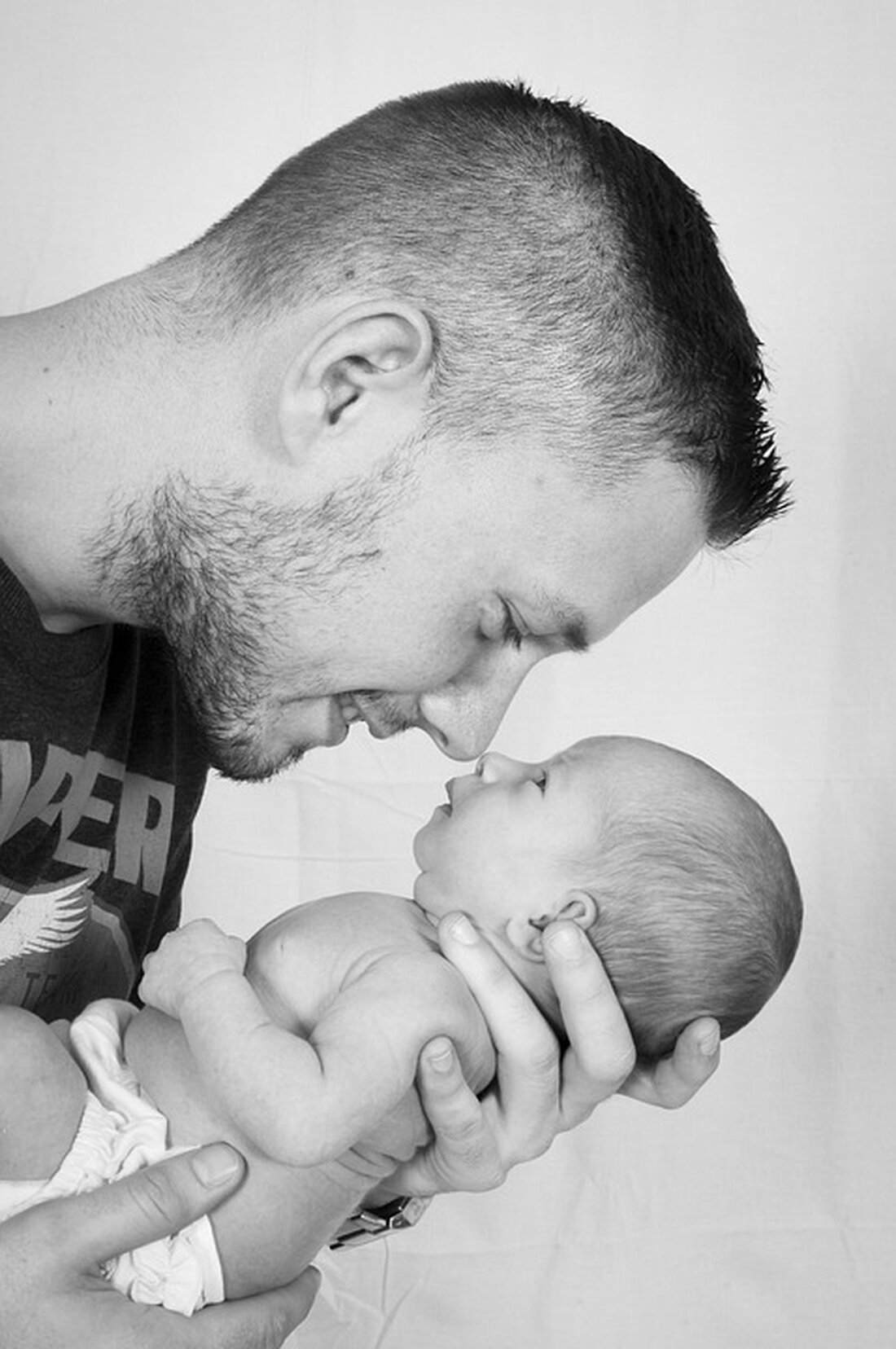Father of a football talent: A look behind the scenes of the game
Tobi Müller reflects on his journey as a football father in Berlin and the social differences in football.

Father of a football talent: A look behind the scenes of the game
October 15, 2025 brings to light the experiences of Tobi Müller, a father of a soccer player from Berlin. In an insightful essay, Müller describes his experiences and the challenges associated with his almost 14-year-old son Jack's soccer game. It becomes clear how sport not only influenced his son's athletic abilities, but also changed Müller's perspectives on social and cultural differences.
Müller reflects on his existence as a minority within the football community. He is perceived as a “freak,” largely because he consistently rides his bike to training – a fact that amazes other dads like Devid. This anecdote highlights the cultural differences that exist in Berlin's football scene, especially when compared to other lifestyles common in the city.
Culture and social differences
In the course of his observations, Müller realizes that social, political and everyday differences play a much greater role in football than in a cultural context. This becomes even clearer when he talks about his positive relationships with other parents, despite the variety of different political views they hold. The friendships that arise in the team context seem to be more important than old conflicts and views.
A notable portion of his essay is devoted to Johnny, an elderly father whose life story and perspectives offer Müller new insights. Johnny enjoys a different view of the world and gives Müller the impression that there is more than just one way of seeing things. These encounters are educational for Müller and enrich his own perspective.
The pressure in youth football
Tobi Müller also addresses the challenges that are omnipresent in youth football. The pressure and competition cannot be ignored; they permeate the everyday lives of young athletes and their families. Müller reflects on the dynamics that arise from these challenges and notes the importance of promoting mutual understanding.
In another emotional aspect of his report, Müller addresses the recent conflicts in the Middle East and highlights how such global challenges can influence personal relationships. At the end of his essay, the question remains open as to who plays on the team and who is in the squad - a symbol of the uncertainties and constantly changing dynamics in football.
For readers who would like to delve deeper into these topics, please refer to a comprehensive compilation of perspectives available in the book on the platform SpringerLink is available.
Sport therefore remains not just a game, but a microcosm of our complex society in which encounters and rivalries take place in equal measure.

 Suche
Suche
 Mein Konto
Mein Konto